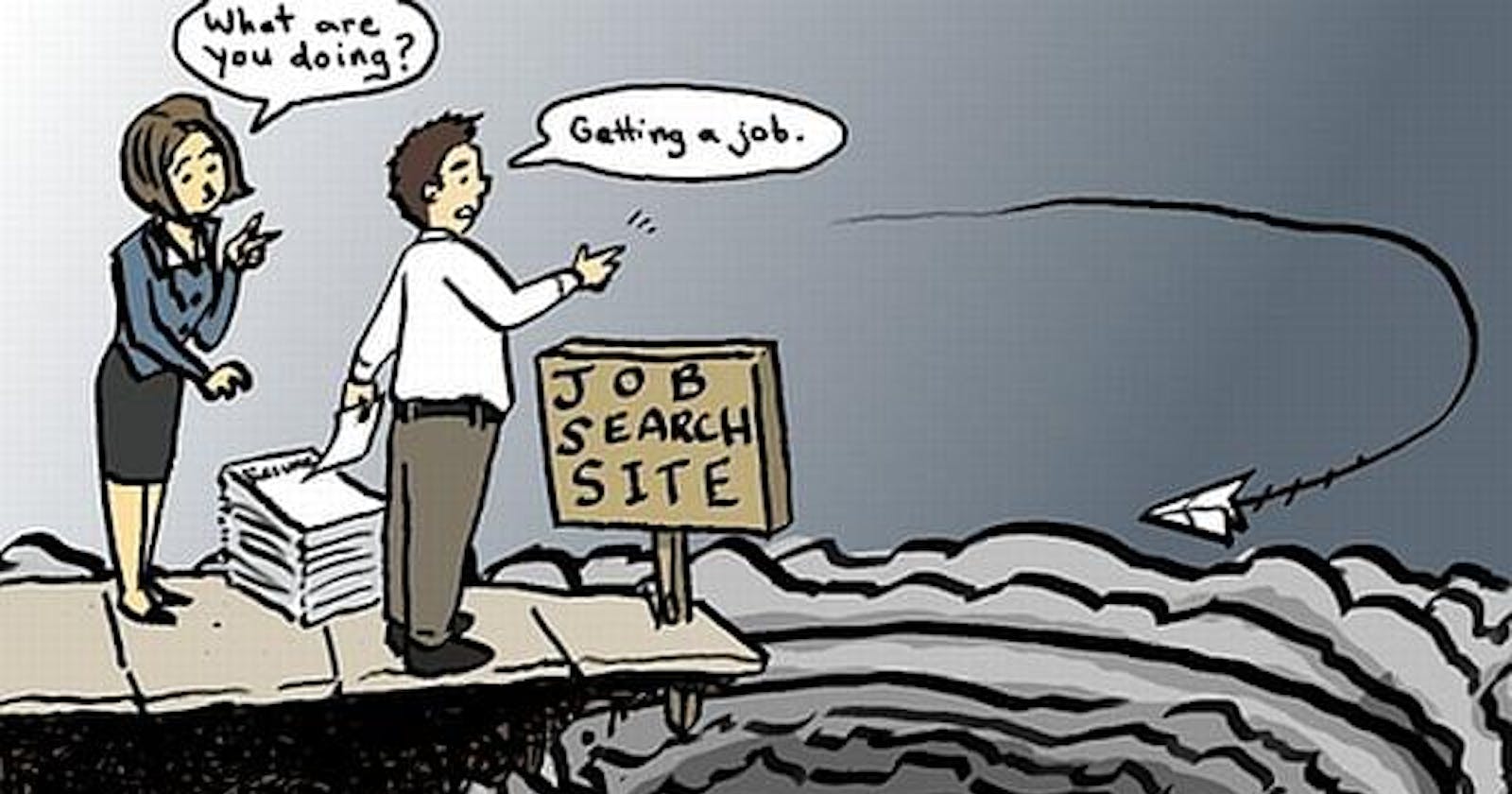Part 2 of 3: Job Hunting Resources for College and Bootcamp Graduates - Finding Jobs
More good news: According to the U.S. Department of Labor's September 2021 news release, employment in science, engineering, and tech rose by over 35,000 jobs in August. The jobs are out there--it's just a matter of finding them!
Now that you have a working version of your resume, it's time to start looking for the jobs you want to apply to.
Job Search Engines and Boards
- LinkedUp
- AngelList
- Indeed
- Hired.com
- ZipRecruiter
- Zippia
- Glassdoor
- Flexjobs
- Remote.co
- Monster
- Snagajob
Technical Recruiting Companies
Forbes is another excellent resource for finding reputable recruiting companies. Don't forget Google! If you enter a job title and location, Google will pull up a list of positions relevant to your search.
However, uploading your resume to one of these boards and clicking "send" to every tech job in the world isn't going to get you a response 99% of the time--believe me, I've tried. And, in case you're planning to blast a thousand copies of that perfectly formatted, grammatically correct resume to every tech agency inbox within a 100-mile radius, think again. Recruiters and hiring managers wake up to an inbox bursting at the seams with subject lines like: "Software Engineer I - [applicant's name]."
Instead, you can use the job boards and recruiting companies as resources to network your way into your first tech job. Most job boards will provide the company name and sometimes the company address or email address to which you should forward your application. Use this information to your advantage to locate people who work at companies that interest you. You'd be amazed at what a quick Google search can yield. Linkedin also provides employee information that you can use to contact people at companies you're targeting. Social media outlets also provide a way to track down prospective coworkers.

If your idea of networking is limited to a TCP call, Bridget Brevik (aka The Developer Bee) has you covered with her blog series "The Beginner’s Guide to Networking." This series provides a step-by-step process to finding and befriending people who can help you along in your employment journey. Most of us spend as much time with our co-workers as we do with our families; creating lasting friendships with others in our industry is essential for productivity and our overall well-being.
I just want to emphasize that all the resources in the world will not help anyone get a job if all of the moving parts aren't working together. A pitch-perfect resume and a weekly networking routine are vital to the job hunt, but there's one more piece to the job-hunt puzzle that every entry-level engineer needs: the Portfolio. The next post in this series covers the all-important portfolio, one of the many ways you can prove to prospective employers that your skills match their needs.
